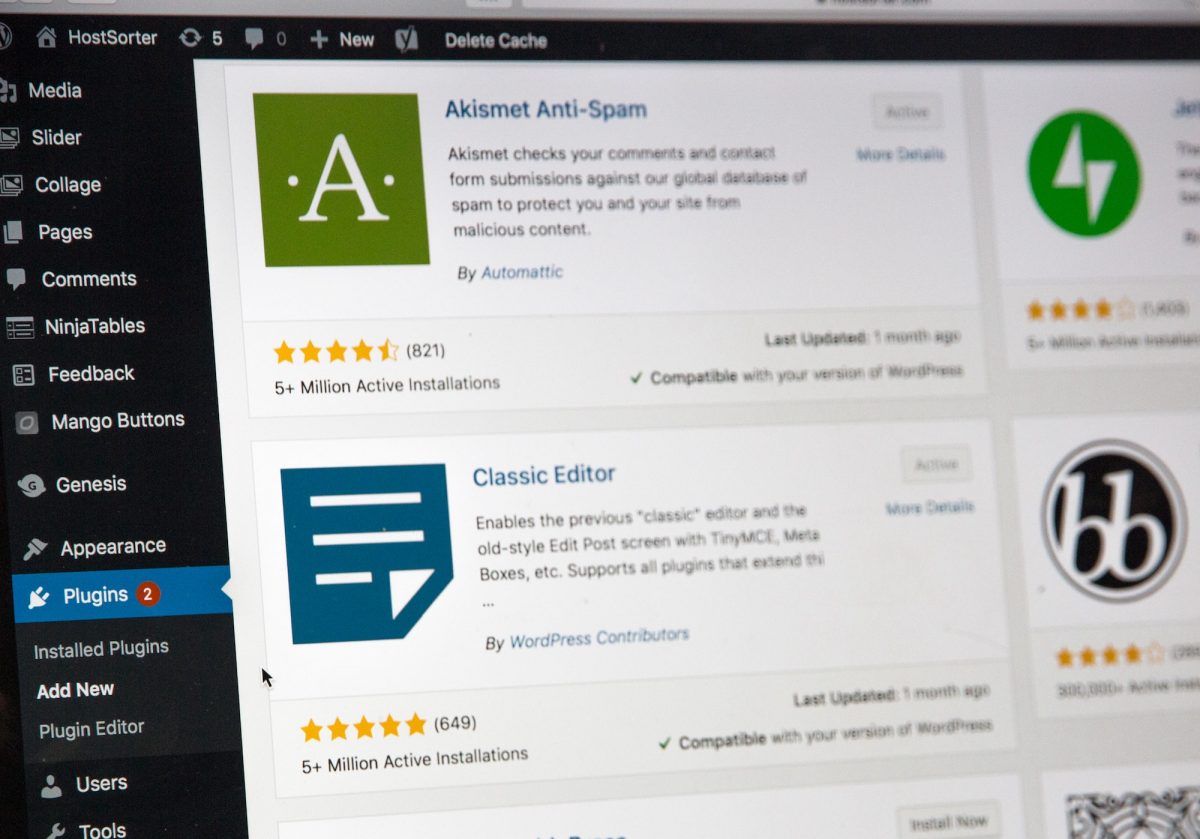Category Tutorials
You may wish to use Google Documents to collaborate with one another, collect information, or engage in brainstorms. Since not all of us have Google accounts or are interested in creating them, you can make use of anonymous editing which… Continue Reading →
FIPPA, Privacy, and Consent Resources It is second nature to most to take selfies, share them on Instagram, Snapchat, etc., but once you move into the role of a public body employee (e.g., in health, education, etc.), you must adhere… Continue Reading →
WordPress This course is hosted on a web platform called WordPress, and you are invited to document your learning in WordPress as well. This means that your work would be posted online on a public site. Keep in mind, though,… Continue Reading →
For this course, we will be using the Open and Educational Technology Collective, hosted by a team of B.C. post-secondary education IT professionals on BCNet’s Educloud, so your data is stored not only in Canada, but within B.C. We have… Continue Reading →
We are here to help you create your site, so do not hesitate to ask for technical support. To get started on creating your site we suggest the following steps: The first Steps: Log in if you have not already… Continue Reading →
To assist you in finding good images that are not copyrighted, please review the following resources: Creative Commons is an initiative that provides licensing options that span between copyrighted and public domain. You can learn more about Creative Commons on… Continue Reading →
We have been presented with a bimodal thinking when it comes to licensing and access to resources. These are copyrighted and public domain works at each extreme, but Larry Lessig founded Creative Commons licensing to allow people to retain copyright,… Continue Reading →
We have made things easy for you in terms of finding each other’s public blogs by way of the EDCI Blog Hub, but that won’t be there forever. Individuals can use “RSS Readers” to subscribe to “feeds” from websites. RSS stands for… Continue Reading →
Hypothes.is Hypothes.is is a very light-weight web service and browser extension that you can easily install in your own browser and then use to have conversations in situ on web documents such as blogs, articles, documents, websites, and other resources…. Continue Reading →
We set up the blog feeds for you in this course (and provided a list of learner blogs), but will it be there forever? There is a way for you to take control and set up your own feeds of… Continue Reading →








